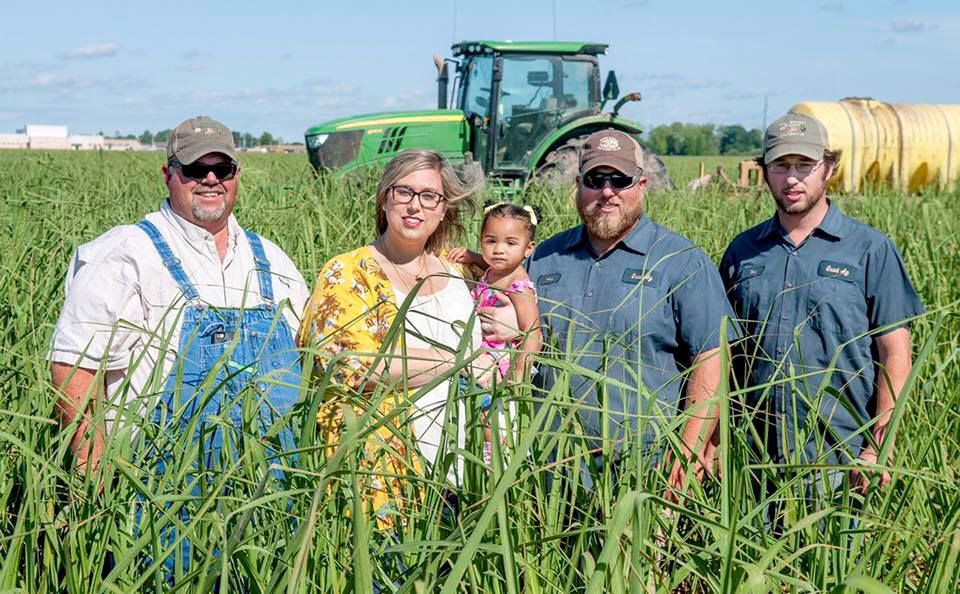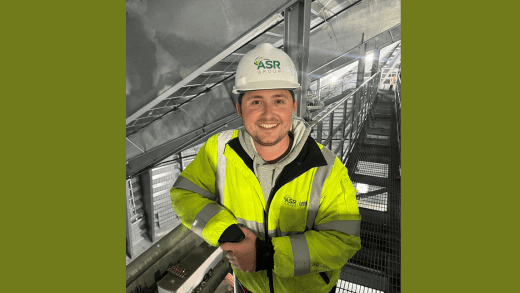Cecil Ramagos Jr. is a native of south Louisiana, where he and his family have farmed sugar cane for three generations. For Cecil and many other family farmers, the question “What do you want to be when you grow up?” was never difficult to answer. Even as a child, Cecil knew he wanted to farm sugar cane.
Ramagos Farms Inc. has been family owned and family operated since the 1950s. At age 20, Cecil began his professional career as a sugar cane farmer in 1981. Although Cecil never had the opportunity to farm with his grandfather, Cecil was able to work alongside his father until his passing in 1996. He wouldn’t trade the time he spent farming with his father for the world. Cecil explains, “He taught me how to be a good farmer, husband, dad and steward of our land.”
Cecil and his wife’s children, as well as his nephews, have all worked on the farm. His daughter, Katie, is the office manager for Ramagos Farms Inc. and an advocate for sugar and agriculture. She also travels to Washington, DC, where she lobbies and speaks on behalf of the sugar industry. Two of Cecil’s sons, Andy and Ben, are directly involved in the farm’s day-to-day operations. Cecil says he appreciates their willingness to embrace technology, as it is an important part of farming today.
According to Cecil, the process of growing a crop is to plant, cultivate, fertilize, harvest, repeat! The more farming experience he gets, the more Cecil learns to love and appreciate the process of growing sugar cane and the effect each season has on the yield. Unlike other crops, sugar cane is a ratoon crop. Sugar cane farmers plant a portion of their acreage every year around August and September for the following year’s harvest. That planting will last for 3 to 4 years of production.
Cecil and the Ramagos family practice sustainability on their farm by implementing the conservation plan Cecil developed in 1983. Cecil’s sugar cane farm in south Louisiana averages at least 60 inches of rain annually, so his team is very dependent on drainage systems. Cecil explains that runoff from heavy rain causes his crops to lose critical topsoil. With proper land grading, control structure, residue management and other practices of his conservation plan, Cecil is able to reduce runoffs. He also grows soybeans as a double crop on his summer fallow, which builds up organic matter in his field’s soil.
Sugar cane is one of the most resilient crops in south Louisiana. The sugar industry has driven the economy in Cecil’s area for over 200 years and has provided a good life for Cecil and his family. “We truly have a family farm,” Cecil says. “I couldn’t be any prouder of the values and work ethic it has instilled in my family.” He hopes to pass down the tradition of sugar advocacy, good stewardship of the land and hard work to his grandchildren and beyond.




Get Social with #MoreToSugar